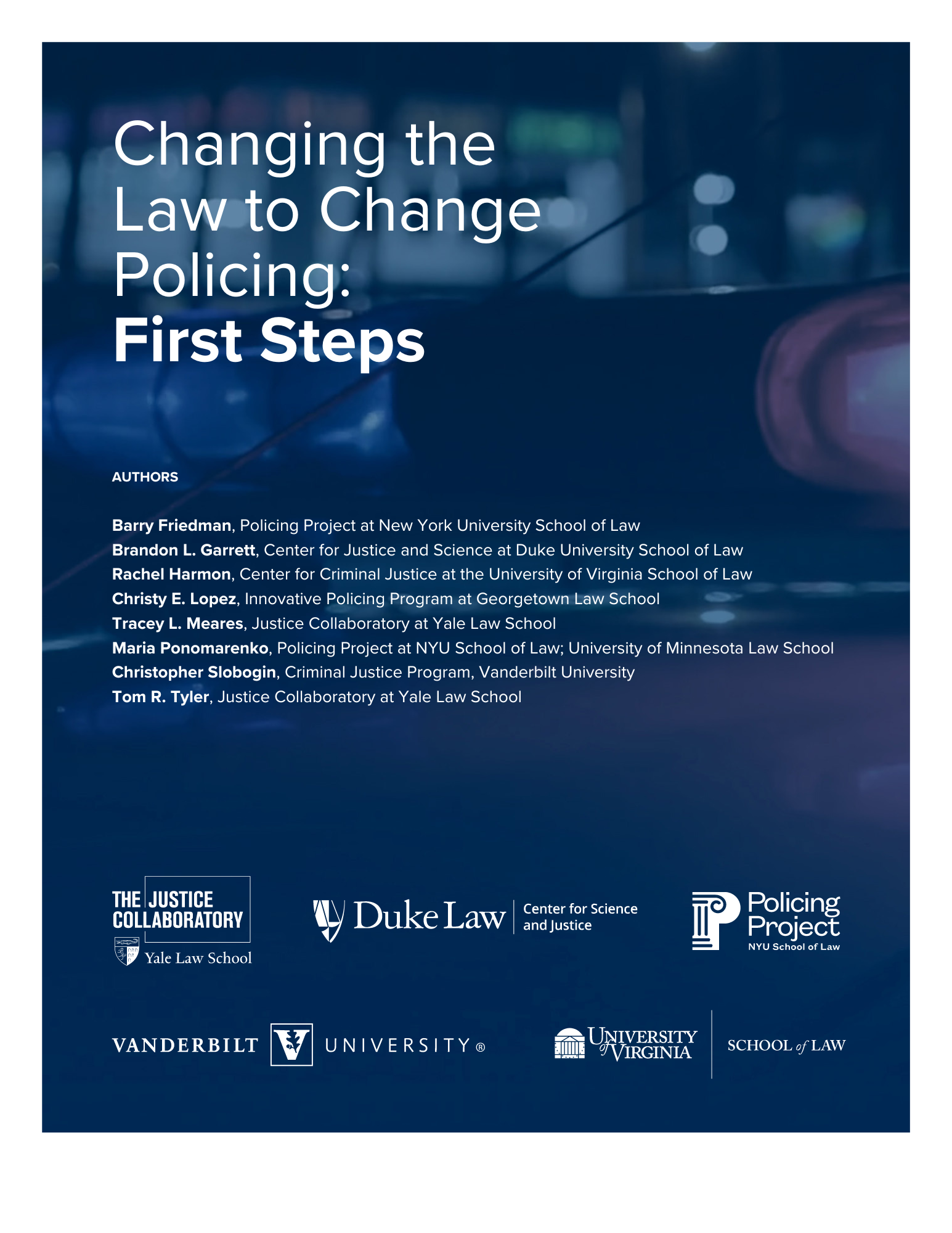By Richard Odin Segovia
This systematic review explores the recruitment and retention challenges in law enforcement, focusing on their impact on operational effectiveness and community safety. The goal is to synthesize existing literature to identify research gaps and suggest directions for future studies. By examining qualitative and quantitative research, this review aims to provide practical strategies to improve recruitment and retention in law enforcement. Methods: Searches were conducted using Google Scholar, JSTOR, and ProQuest to capture a broad range of law enforcement recruitment and retention studies. The selection process involved a systematic search that yielded 135 records. After removing duplicates, 42 studies were screened based on title and abstract, leading to 34 full-text articles assessed for eligibility. Twenty-five studies met the inclusion criteria and were included in the qualitative and quantitative synthesis, and five additional sources were used for background and contextual information. This review adhered to PRISMA guidelines. Results: The review highlights key factors influencing recruitment and retention, including public perceptions, competing labor markets, and organizational culture. Enhanced recruitment efforts, such as digital campaigns and targeted outreach, significantly increase applications and improve the quality of applicants. Supportive workplace environments and wellness programs substantially reduce turnover rates and improve job satisfaction. Effective recruitment and retention strategies also enhance community trust and workforce diversity. Conclusions: The review underscores the need for well-structured research to substantiate effective recruitment and retention strategies. It recommends areas for in-depth exploration in future studies, especially longitudinal research on the long-term impacts of innovative recruitment and retention strategies. Application to Law Enforcement: Integrating digital recruitment, community engagement, and wellness programs can enhance workforce stability and effectiveness for law enforcement leaders. These strategies improve officer recruitment and retention, reduce turnover, and build stronger relationships with the community, leading to more effective policing outcomes.
Lynchburg, VA: Liberty University, 2024. 43p.



